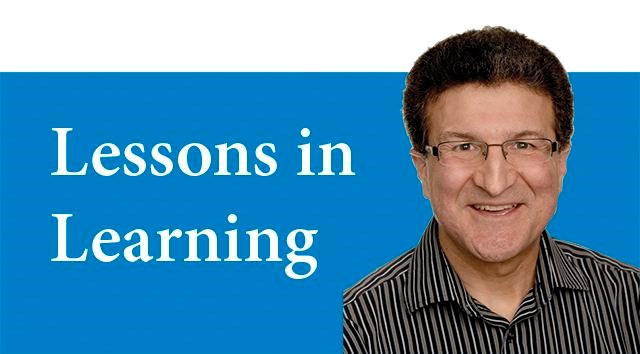The Dalai Lama said, "If every eight-year-old in the world is taught meditation, we will eliminate violence from the world within one generation."
This quote has gained a great deal of traction through social media in recent years. Is the answer to all of the world's problems really this simple?
While meditation does bring with it a sense of awareness, which helps give rise to empathy, it does not necessarily follow that it would lead to the elimination of violence. Indeed, there are many examples of groups which use mindfulness practices as part of warrior training.
Even mere empathy can be misguided. For example, we may have strongly empathic feelings toward people who have suffered, and thus be moved to vengeance.
This also draws to mind the ethical question as to whether or not violence is ever justified, and whether the elimination of all violence would even be a good thing.
There is little debate regarding one aspect of the Dalai Lama's teaching, however. Numerous studies have shown that meditation and mindfulness training lead to better health in body, mind and spirit. The question is whether it would be enough to create a more peaceful world.
If our goal is to eliminate unnecessary violence, perhaps we need to look at the people who have helped to move forward the cause of peace. What qualities did they have? What moved them to do the right thing when it would have been so easy to allow evil to have its way?
Among the greatest heroes in the history of the world are the Holocaust rescuers. These people, in the face of a racist, fanatical and violent force, simply did the right thing.
According to a recent study from Columbia University, rescuers had higher levels of social responsibility, empathy, risk taking, and a greater sense of care and compassion in the face of human suffering. Whether or not one became a rescuer had little to do with one's religion, previous experience with Jews, age, gender or ethnicity. The determining factors were far more intrinsic.
Looking at this broader view, we can see that while the Dalai Lama gives us one piece to the puzzle in helping our young people to learn to be their best and bring about positive change in the world, it is not the entire answer.
One very important part of the solution is to create educational programs that teach the qualities of the rescuer. The new British Columbia curriculum, for example, includes "personal awareness and responsibility" and "social responsibility" as part of the core competencies which are to be taught in every aspect of school life. As an educator, it is important for me to keep these goals in mind as I develop my programs, regardless of the subject I am teaching.
More importantly, however, it is vital that I not only teach about the type of person who will make the world a better, more just and compassionate place, I need to model these characteristics. If I am going to maintain legitimacy and credibility in front of a room of young people, day after day and year after year, I need to live what I am teaching, I need to live with integrity. When my students see me striving to reach my goals, admitting mistakes and doing my best to improve, treating them with the same respect that I expect for myself, then the ideals I am trying to teach become real and attainable.
Is meditation actually an important part of my life as I strive to be the caring, compassionate and courageous person I want to model for my students? As a matter of fact, it is.
Perhaps the Dalai Lama really is on to something.
Gerry Chidiac is a champion for social enlightenment, inspiring others to find their greatness in making the world a better place. For more of his writings, go to www.gerrychidiac.com



